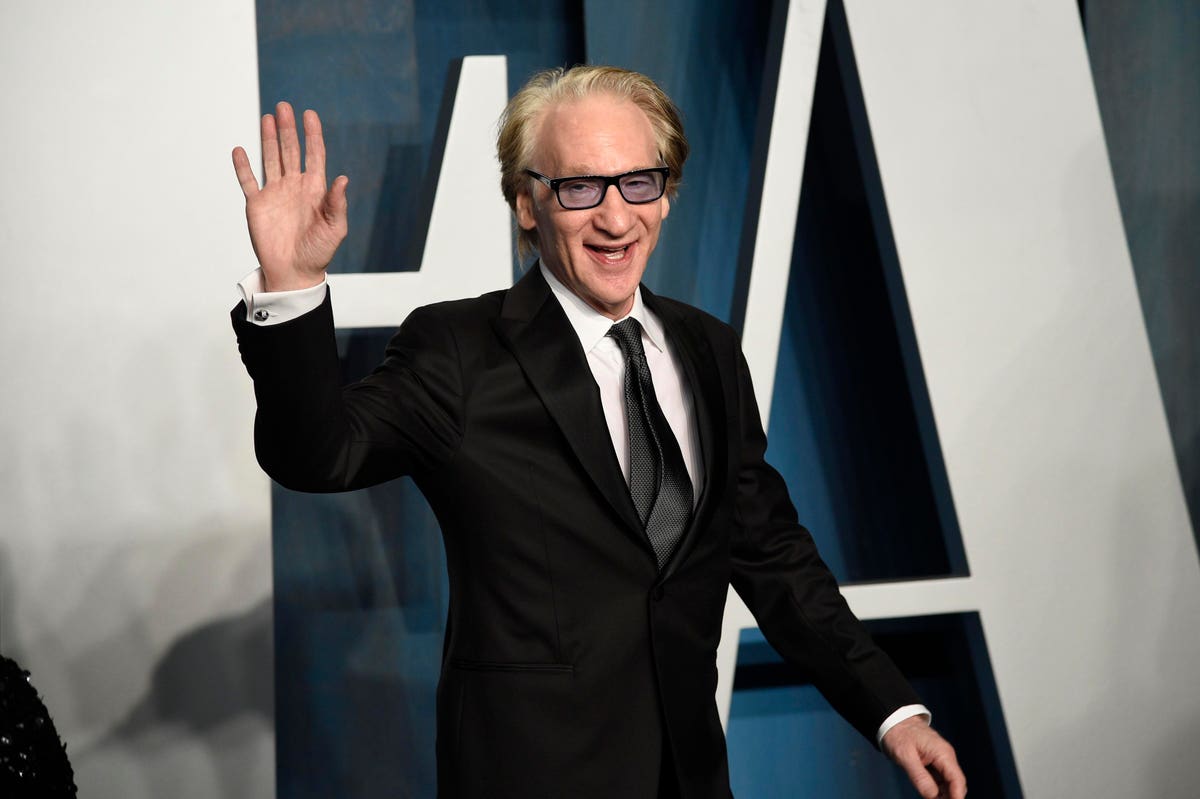Drew Barrymore and Bill Maher both made quickly aborted attempts to restart their respective talk shows amid the ongoing writers and actors strikes. Both were accused of scabbing. But what does scabbing mean in Hollywood?
It can mean different things depending on the situation. Scabbing is not a legal term, points out Risa Lieberwitz, professor of labor and employment law at Cornell University School of Industrial and Labor Relations and academic director of IRL’s Worker Institute.
Scabbing Meaning
Scabbing essentially refers to anyone who breaks the strike in some way. They may be doing struck work, such as something covered by the collective bargaining agreement. Or they might be a member of the union who crosses the picket line.
“Say in the instance of the writers strike, it could mean someone who physically crosses the picket line to go into a building to do struck work,” Lieberwitz says.
“Struck work” included in the Writers Guild of America collective bargaining agreement might mean writing for a talk show or movie in production. In this era of remote work, it isn’t necessary to actually cross a line and enter an office to be doing struck work.
Why Is It Called Scabbing?
Even the word “scab” conjures a negative feeling—a scab on a cut, after all, is the crusty crud that we’re eager to get rid of to start healing. Using “scab” to denote people who break a strike traces its origins to how people used the word as a slur hundreds of years ago.
Lieberwitz notes that union literature believed to be authored by Jack London (The Call of the Wild) later used the word “scab,” which helped popularize it.
Why Is Scabbing Bad?
Strikes only succeed when union members stick together. If everyone in the union refuses to work, then management is in a bind. But if even one person goes back to work, it gives management some relief. And it’s seen as a betrayal of the union cause.
“Those on strike depend on each other to act in solidarity,” Lieberwitz says. “It’s all for one and one for all. As individuals, everyone has to undergo some kind of hardships. Some people are in better or worse positions to get through the hardships of a strike.”
She says that is why unions often have funds to support striking workers, though the payouts are significantly less than they’d make if they were working.
“People don’t want to go on strike,” she points out. “They want to reach a collective bargaining agreement. A strike is a last resort when there’s an impasse or for whatever reason the two sides cannot reach an agreement at the table.”
Scabbing During A Hollywood Strike
So were Barrymore and Maher scabbing when they brought or said they would bring their shows back? Both backed down after being called scabs across social media, where they were the focus of venomous posts by those in or supporting the WGA and/or Screen Actors Guild and American Federation of Television and Radio Artists (SAG-AFTRA).
Scabs are people who are willing to come in and do the work during a strike. People returning to work might have had to cross picket lines on the lots where the shows were filmed. In that sense, the term scab seems to fit anyone who goes back to work in the industry right now (if that work isn’t covered under another collective bargaining agreement).
The stakes are quite high all around.
“Reputation matters a lot to people in the public eye—to everyone, really. It determines how our colleagues treat us. How you’re viewed in the public domain when you make a living as a public figure makes a big difference,” Lieberwitz notes. “Being perceived as a scab certainly may mean a loss of respect or a loss of viewership. Some people may say they will not ever watch your show again. There is a significant impact whether you’re standing with the strikers or not, given how much is at stake in these strikes.”
Read the full article here





